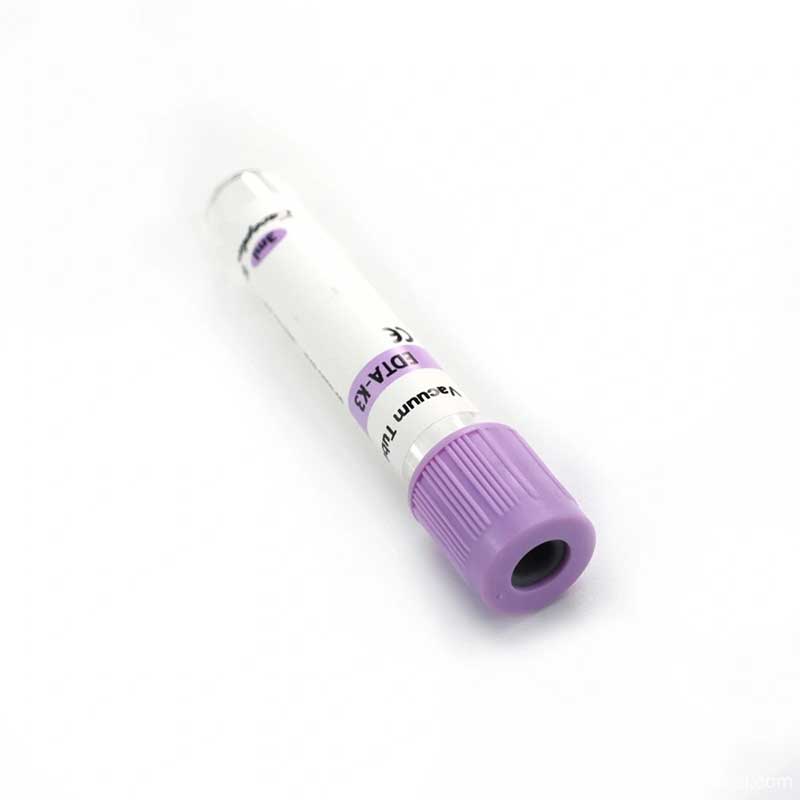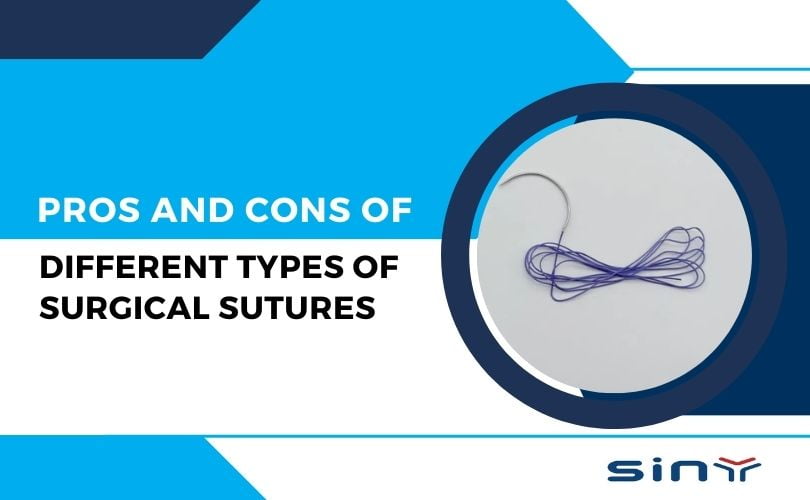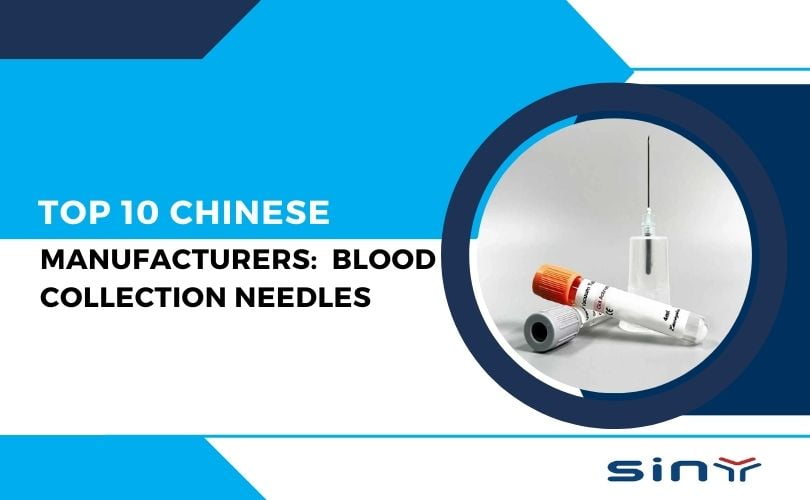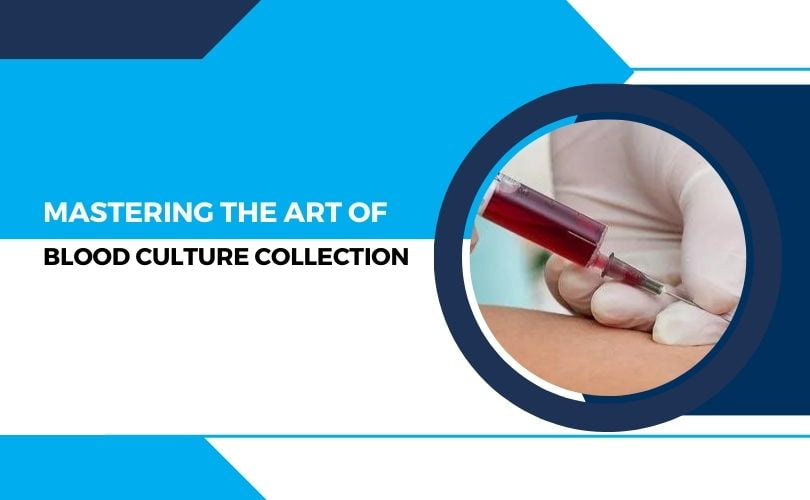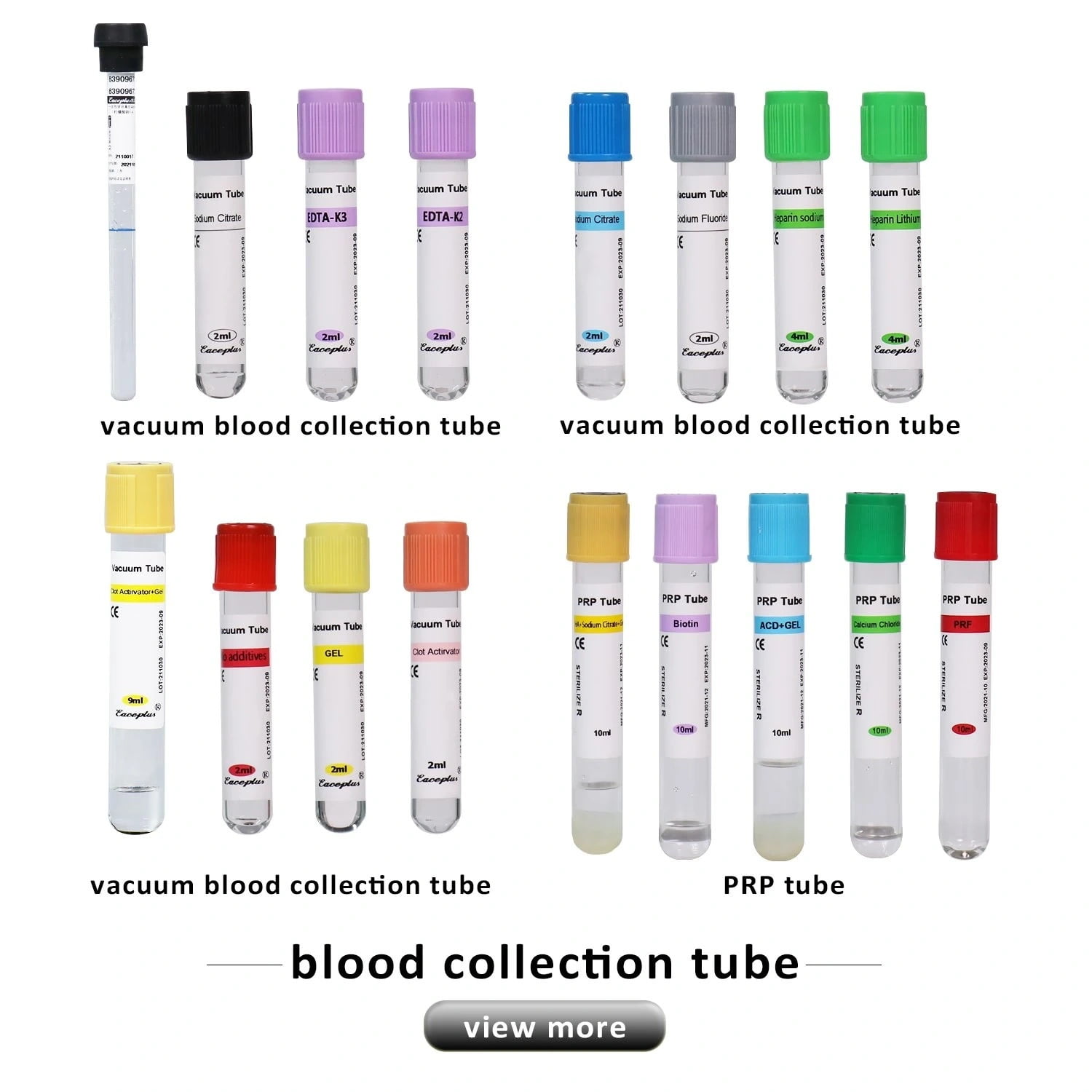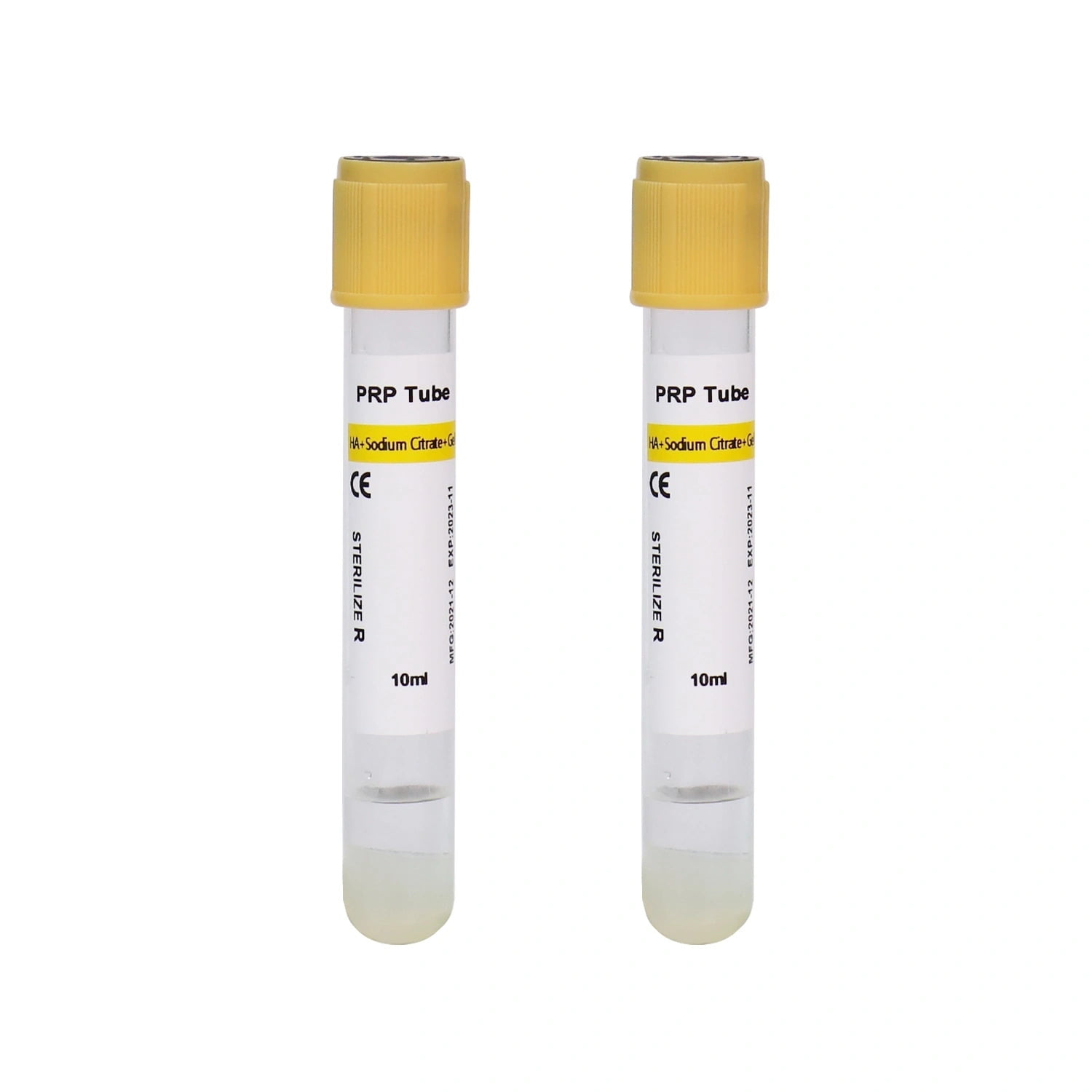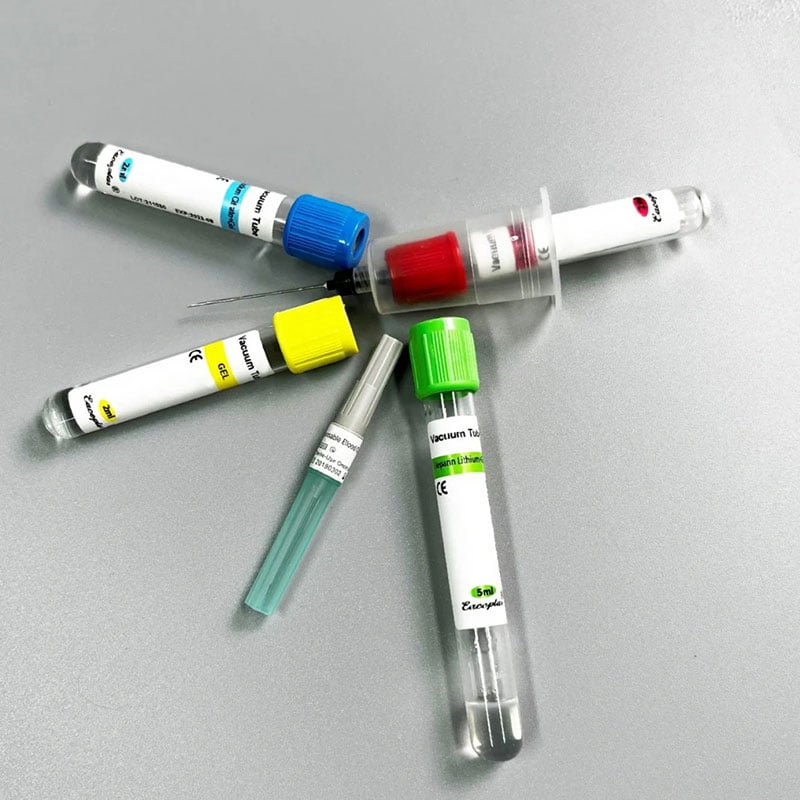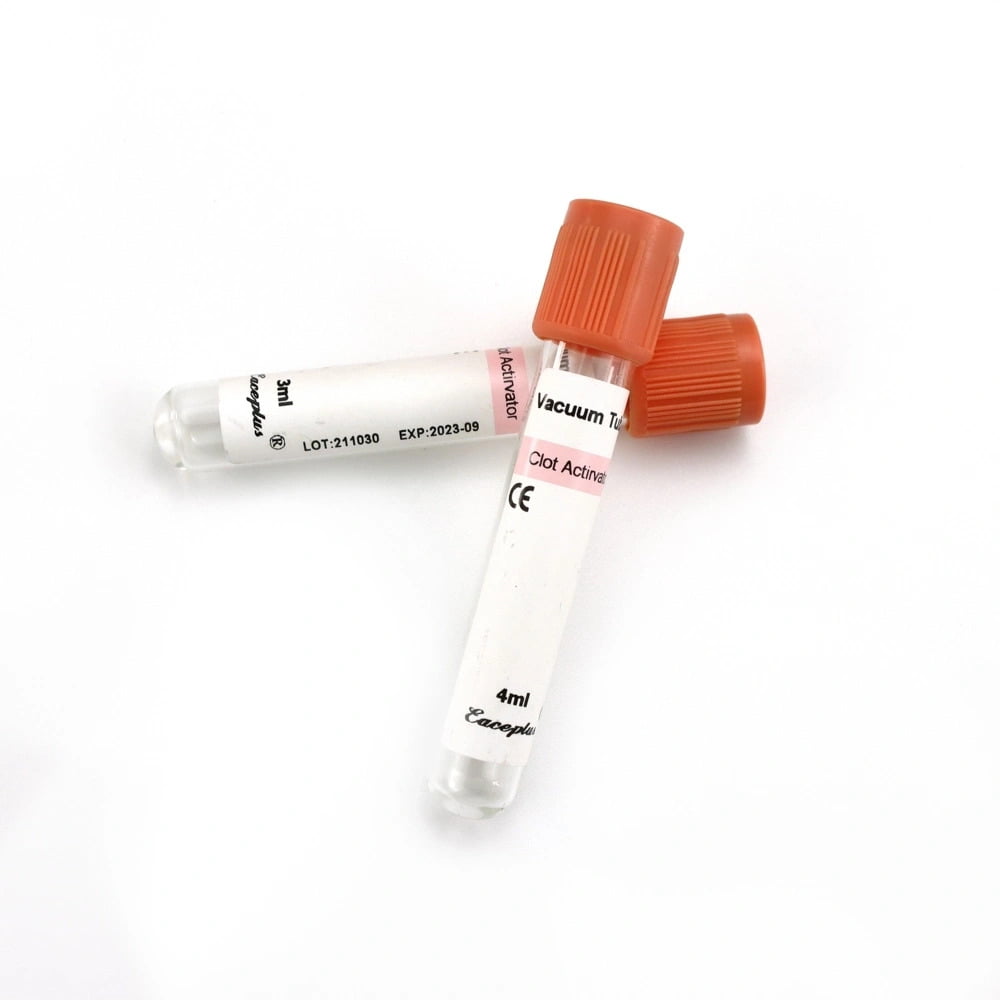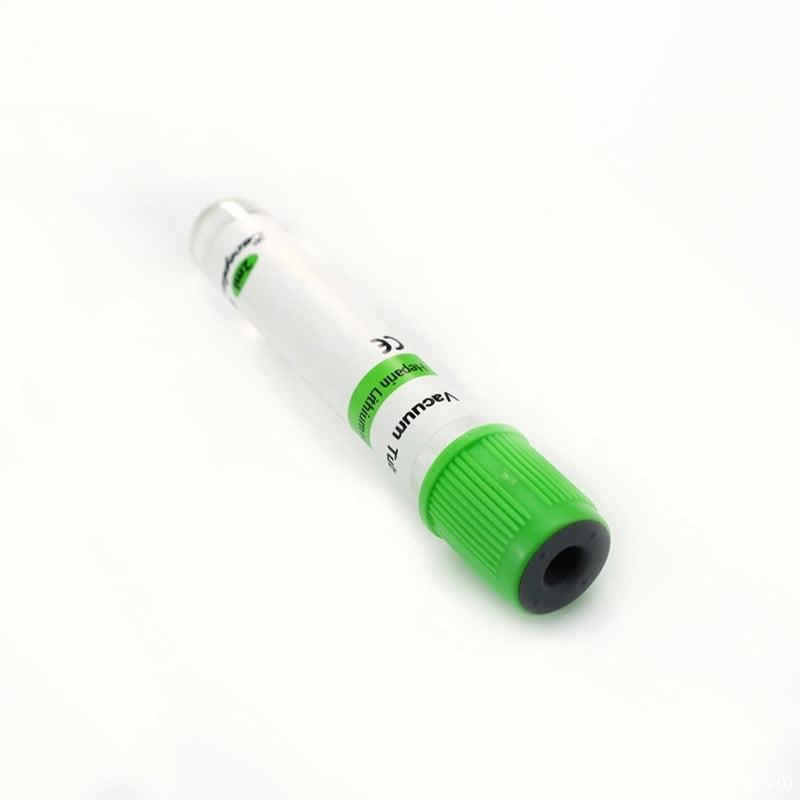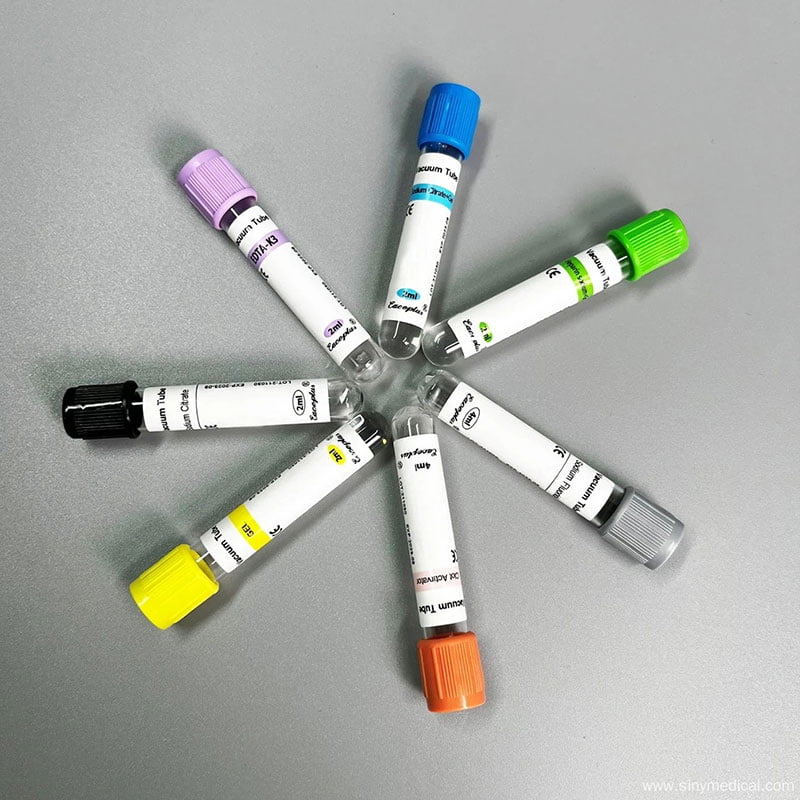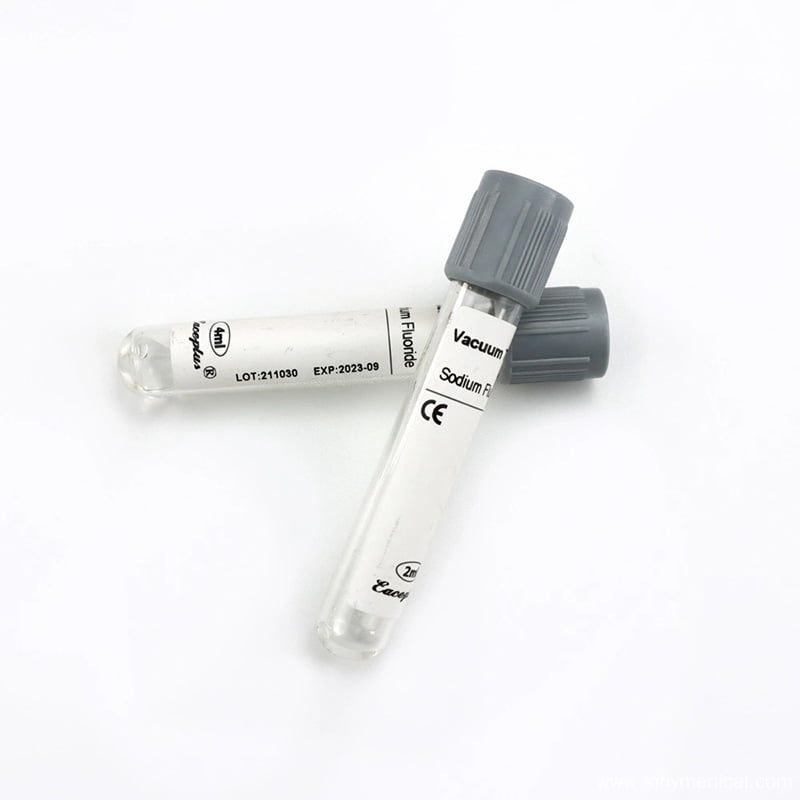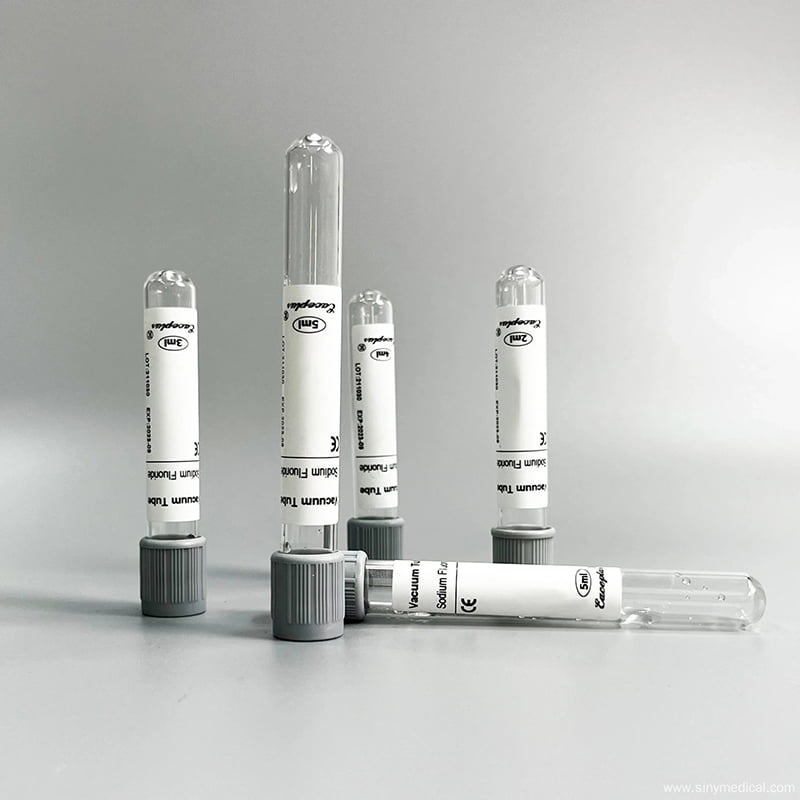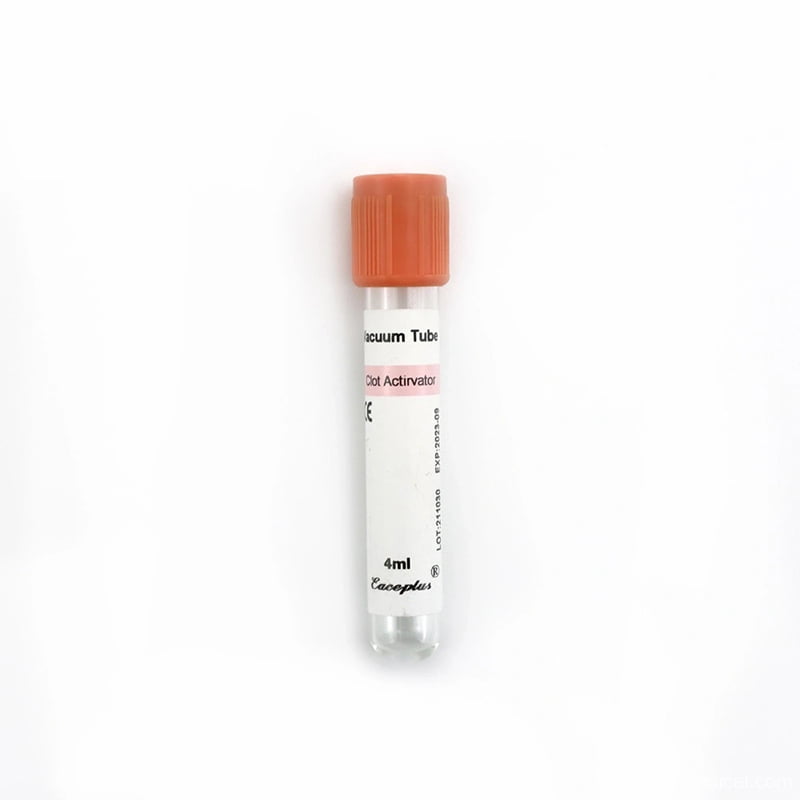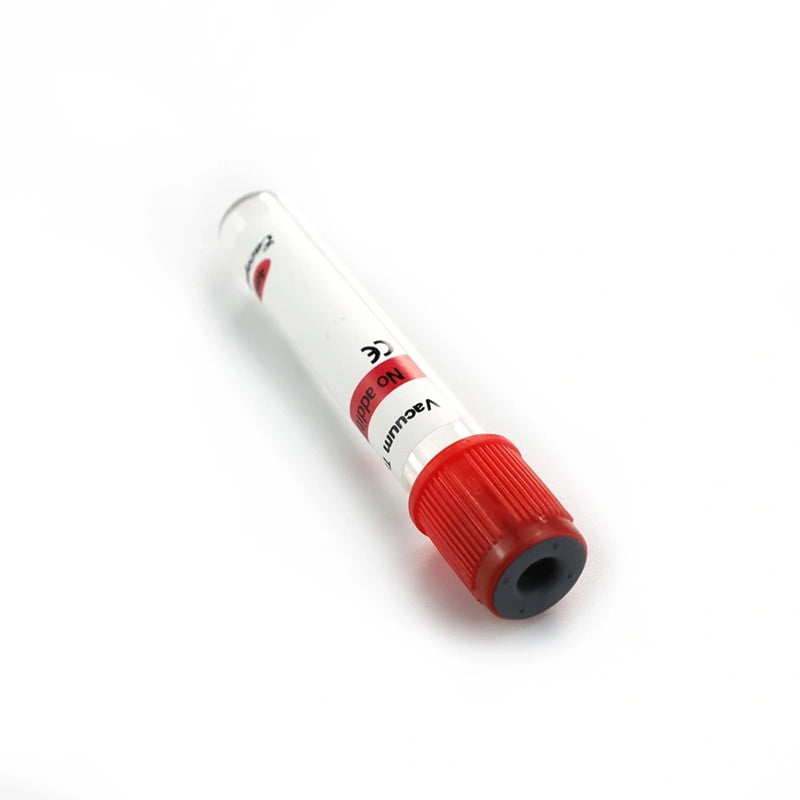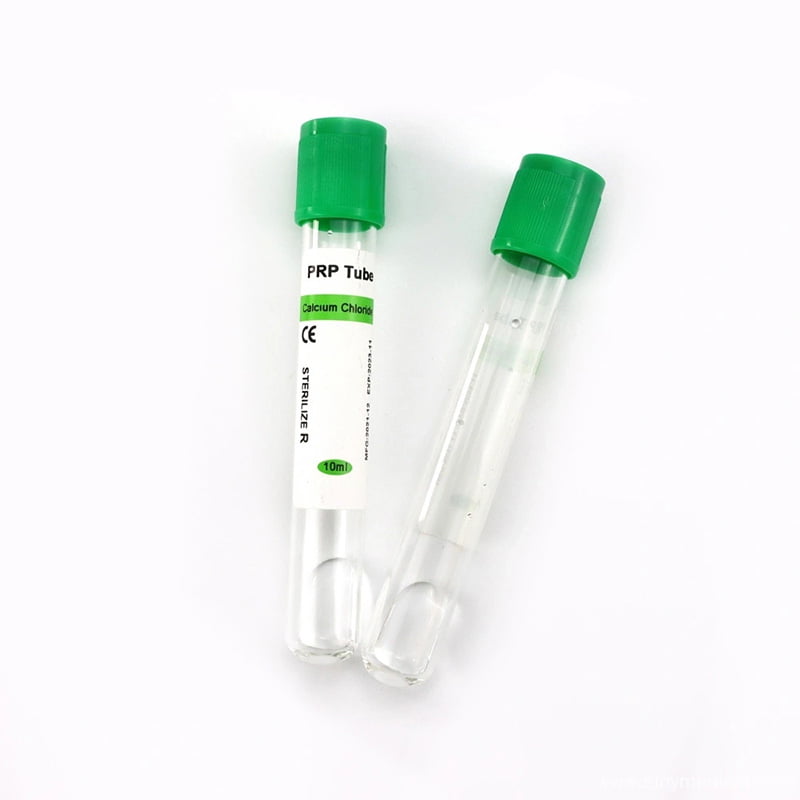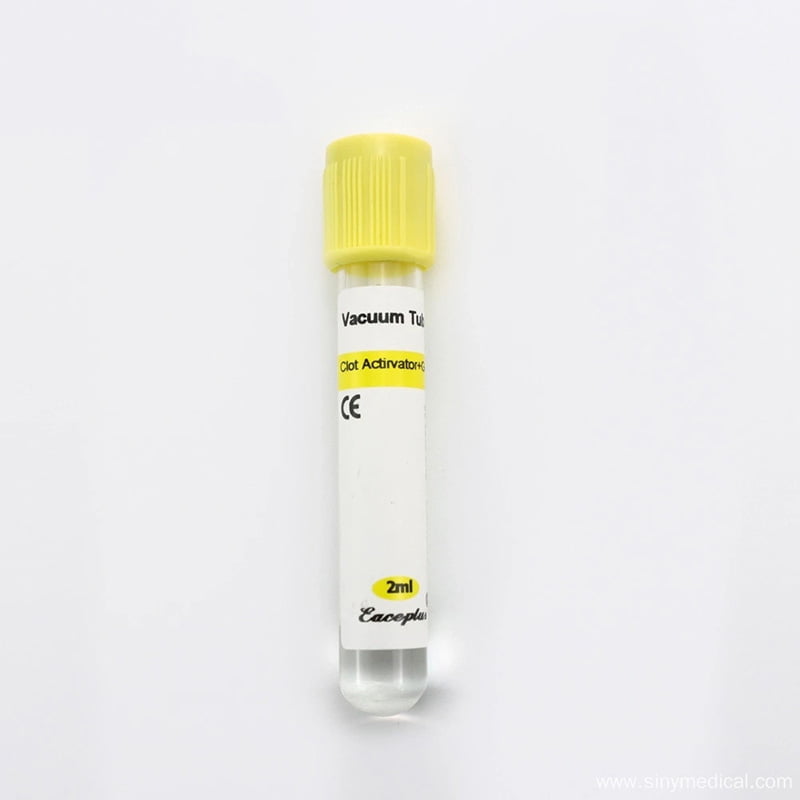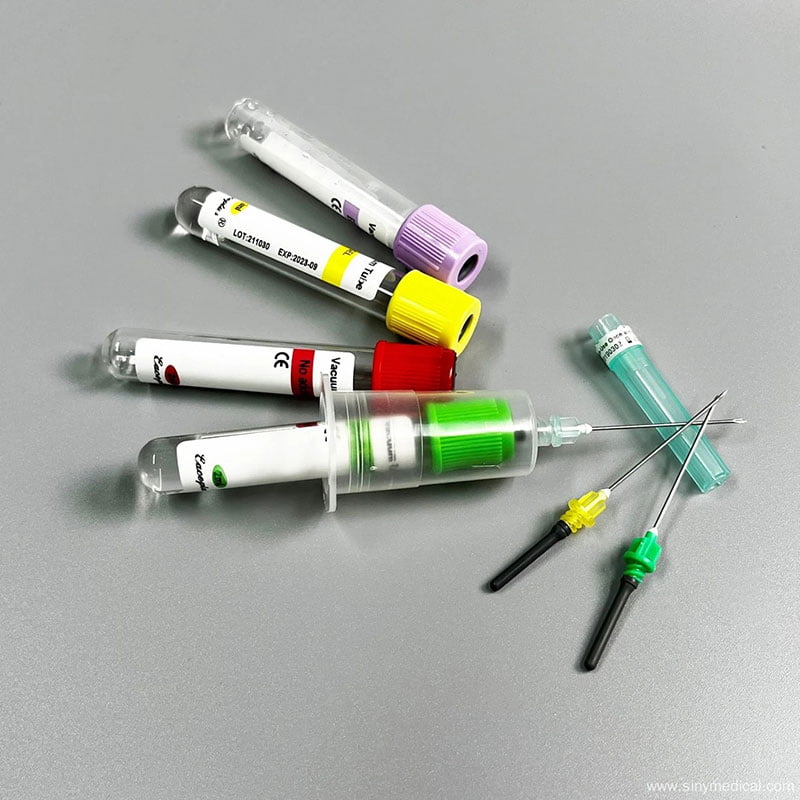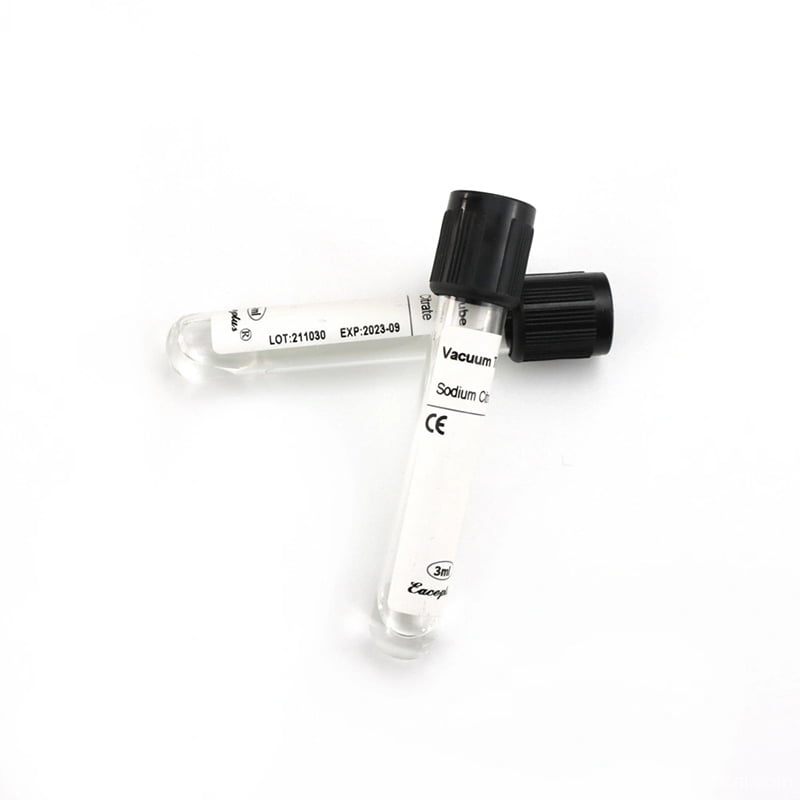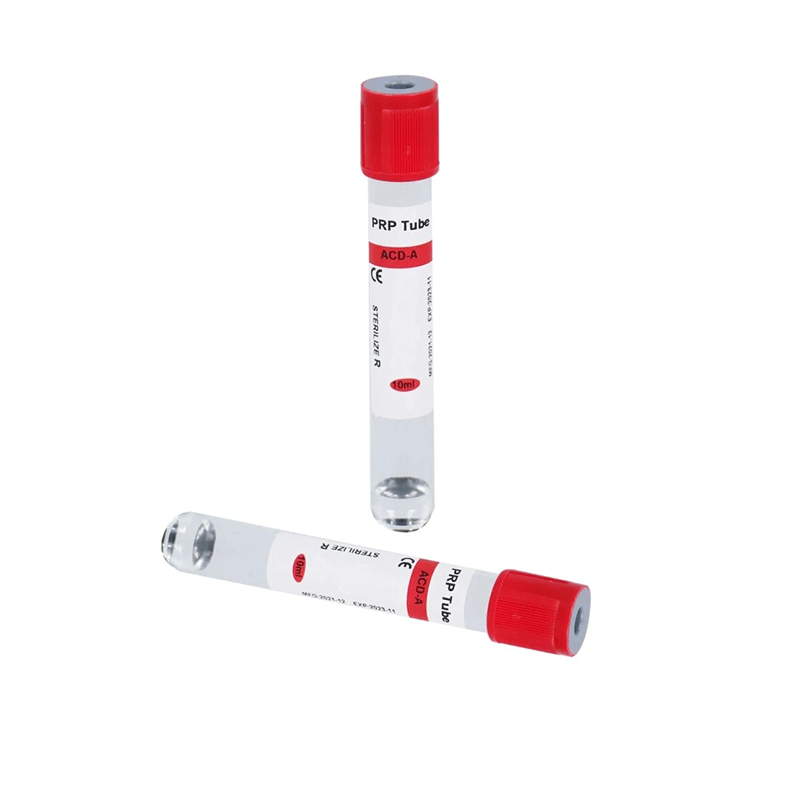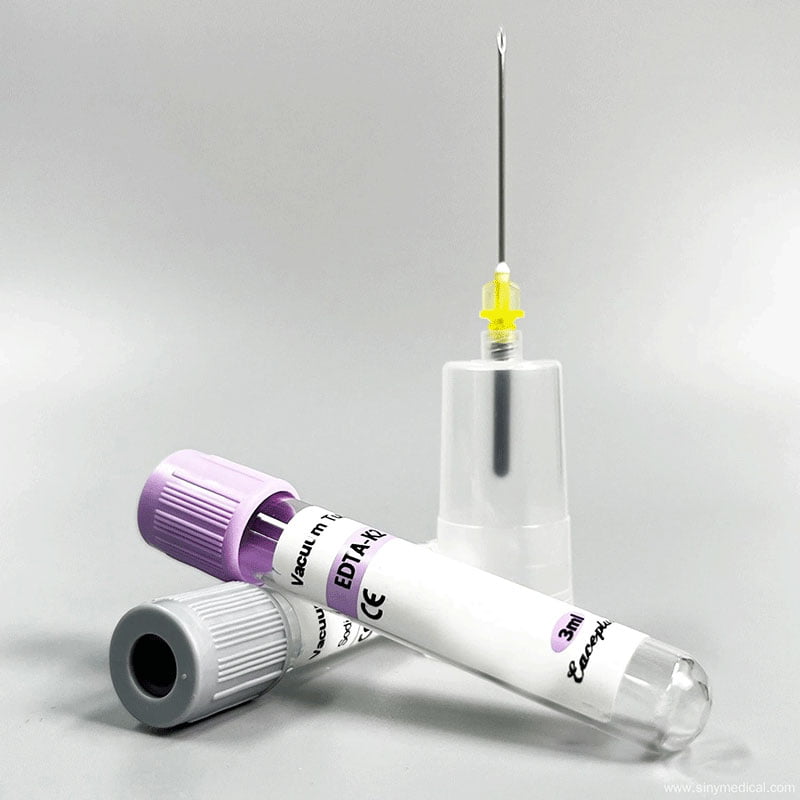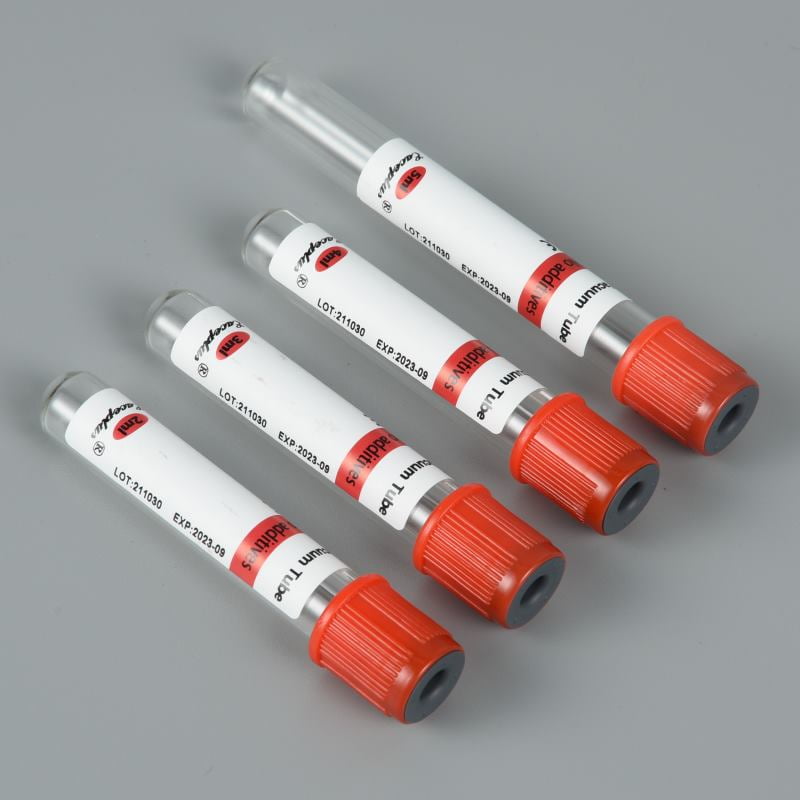Table of Contents
- 1 Introduction
- 2 Table of Contents:
- 3 1: Importance of Choosing a Reliable Disposable Medical Supplies Manufacturer
- 4 2: Understanding Your Requirements
- 5 3: Researching Potential Manufacturers
- 6 4: Assessing Manufacturer Capabilities
- 7 B. Production Capacity and Lead Times:
- 8 5: Evaluating Supplier Reliability
- 9 Supply Chain Management:
- 10 6: Reputation and Track Record
- 11 7: Compliance with Regulatory Requirements
- 12 8: Requesting Samples and Conducting Product Testing
- 13 9: Negotiating Pricing and Terms
- 14 10: Communicating Effectively with the Manufacturer
- 15 11: Customer Support and Responsiveness
- 16 Technical Support and Expertise:
- 17 12: Technical Specifications and Customization Options
- 18 Quality Assurance Processes:
- 19 13: Ensuring Ethical and Sustainable Manufacturing Practices
- 20 14: Continuous Evaluation and Performance Monitoring
- 21 15. Building a Long-Term Relationship
- 22 Collaboration and Problem-Solving:
- 23 Conclusion:
Introduction
In the healthcare industry, the need for high-quality Disposable Medical Supplies Manufacturers is paramount. Whether it’s gloves, syringes, or surgical masks, healthcare professionals rely on these essential products to provide safe and effective care to patients. Finding a reliable disposable medical supplies manufacturer is crucial for ensuring a steady supply of top-notch products. In this guide, we will explore the key factors to consider when searching for a dependable manufacturer that meets your specific needs.
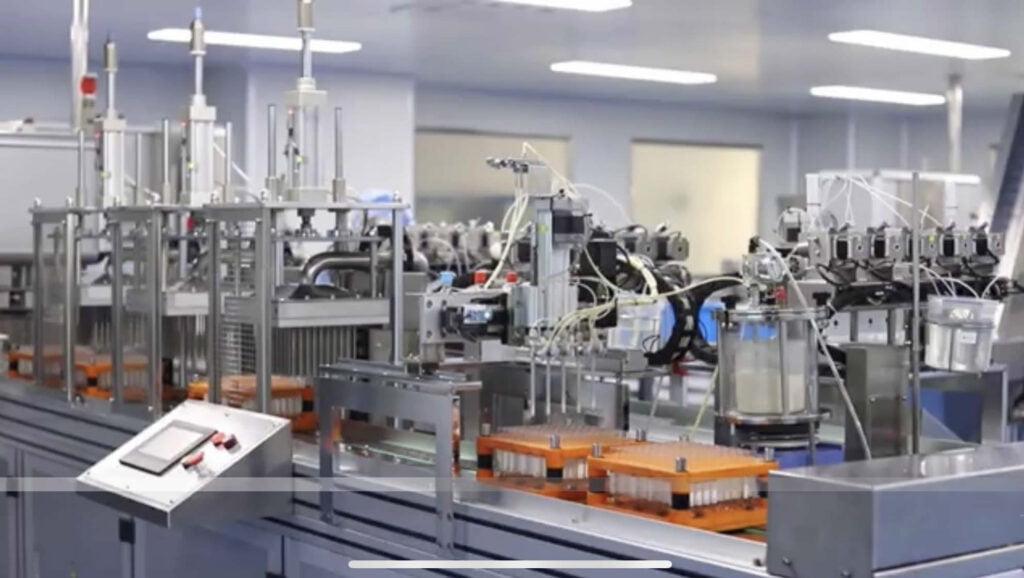
Table of Contents:
- Importance of Choosing Reliable Disposable Medical Supplies Manufacturer
- Understanding Your Requirements
- Researching Potential Manufacturers
- Assessing Manufacturer Capabilities
- Evaluating Supplier Reliability
- Reputation and Track Record
- Compliance with Regulatory Requirements
- Requesting Samples and Conducting Product Testing
- Negotiating Pricing and Terms
- Communicating Effectively with the Manufacturer
- Customer Support and Responsiveness
- Technical Specifications and Customization Options
- Ensuring Ethical and Sustainable Manufacturing Practices
- Continuous Evaluation and Performance Monitoring
- Building a Long-Term Relationship
1: Importance of Choosing a Reliable Disposable Medical Supplies Manufacturer
When it comes to disposable medical supplies, quality, reliability, and safety are of utmost importance. Choosing a reputable manufacturer ensures that you receive products that meet the necessary quality standards and adhere to regulatory requirements. Furthermore, reliable manufacturers provide consistent supply and delivery, minimizing the risk of shortages or disruptions in your healthcare operations.
2: Understanding Your Requirements
Before embarking on your search for a manufacturer, it is crucial to identify your specific requirements. Determine the range of disposable medical supplies you need, evaluate the quality standards and certifications required in your jurisdiction, and establish the quantity and delivery schedule that best suits your needs.
3: Researching Potential Manufacturers
To find potential Surgical equipment manufacturers, utilize online directories and search engines, attend industry trade shows and exhibitions, and seek referrals and recommendations from trusted sources. This research phase helps you create a shortlist of manufacturers to evaluate further.
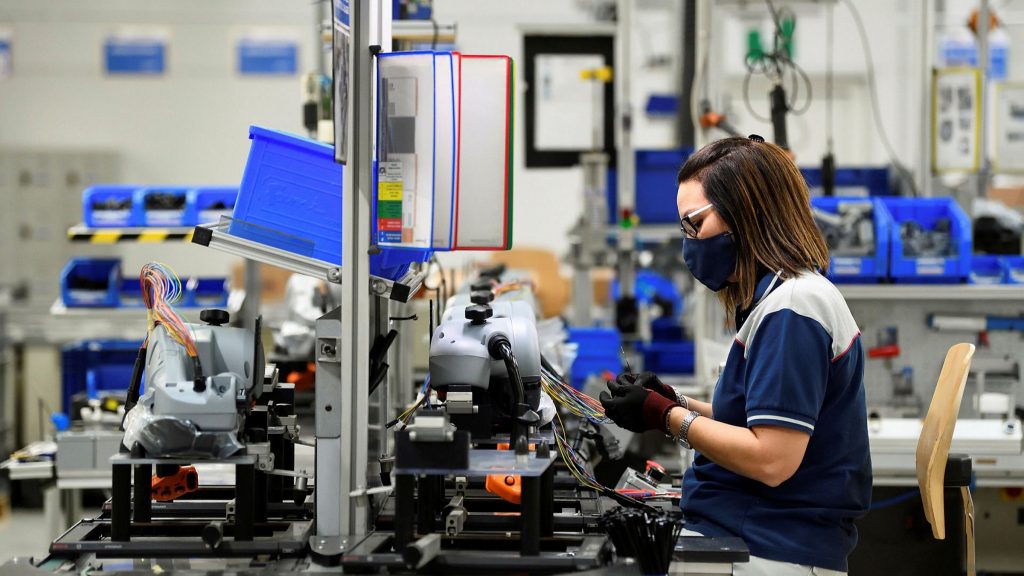
4: Assessing Manufacturer Capabilities
Evaluate the manufacturing facilities and equipment of potential manufacturers, ensuring they possess the necessary resources to meet your demands. Assess their production capacity and lead times to ensure they can fulfill your orders in a timely manner. Additionally, inquire about their quality control measures to guarantee consistent product quality.
A. manufacturing Facilities and Equipment: Evaluate the manufacturer’s manufacturing facilities and equipment. Look for modern and well-maintained facilities that adhere to industry standards. State-of-the-art equipment and technology can contribute to the efficiency and quality of the manufacturing process. A well-organized facility with proper storage and handling procedures can help ensure the integrity of disposable medical supplies.
B. Production Capacity and Lead Times:
Determine the manufacturer’s production capacity and their ability to meet your volume requirements. Moreover, assess whether they have the capability to scale up production if needed. By considering their lead times for production and delivery, you can ensure they can fulfill your orders within your desired timeframe. Ultimately, a manufacturer with sufficient capacity and efficient production processes can provide a steady supply of disposable medical supplies, ensuring your healthcare facility’s smooth operations and continuous access to essential products.
C. Quality Control Measures: Examine the manufacturer’s quality control measures to ensure consistent product quality. Inquire about their quality assurance processes, including quality checks and inspections at various stages of manufacturing. Ask about their adherence to industry standards and certifications, such as ISO 9001 for quality management systems. A manufacturer with robust quality control measures demonstrates a commitment to delivering reliable and disposable syringe manufacturer high-quality products.
D. Research and Development Capabilities:Assess the manufacturer’s research and development (R&D) capabilities. Notably, a manufacturer that invests in R&D indicates a commitment to innovation and continuous improvement. Furthermore, inquire about their ability to develop and introduce new products or adapt existing ones to meet changing market demands. By doing so, you can ensure that the manufacturer remains agile and responsive to evolving needs. Ultimately, a manufacturer with strong R&D capabilities can be a valuable partner in addressing your requirements and staying ahead in a dynamic and competitive market.
E. Supply Chain Management: Consider the manufacturer’s supply chain management practices. Evaluate their ability to source raw materials reliably and ensure their availability. A well-managed supply chain reduces the risk of disruptions and ensures a consistent supply of disposable medical supplies. Inquire about their supplier selection criteria and their approach to managing relationships with suppliers.
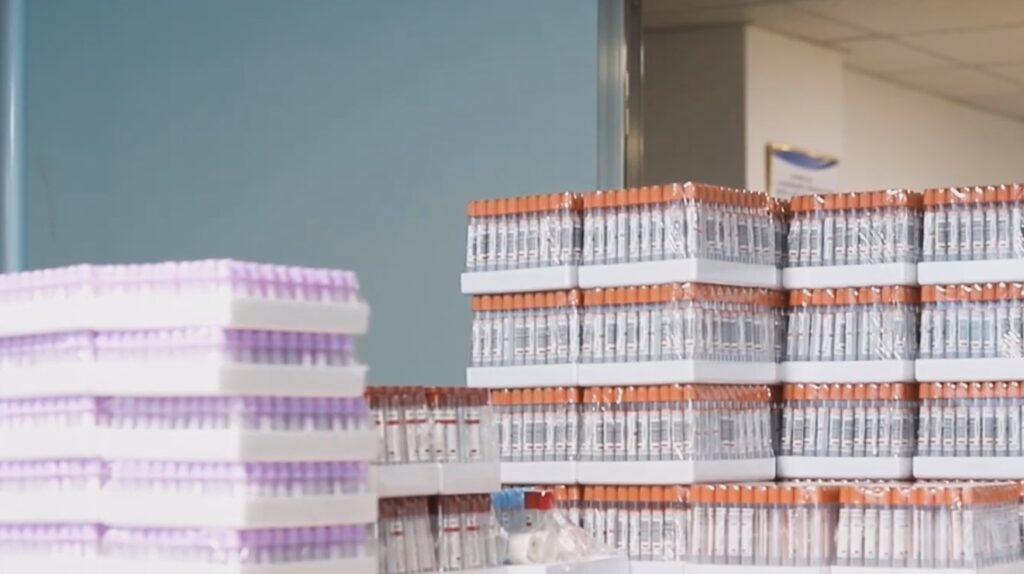
5: Evaluating Supplier Reliability
Assess the reputation and track record of the manufacturers on your shortlist. Look for reviews, testimonials, and case studies that demonstrate their reliability. Consider their financial stability and ability to comply with regulatory requirements, as this reflects their commitment to long-term business operations.
- Reputation: Investigate the supplier’s reputation within the industry. Look for feedback and reviews from other healthcare professionals or organizations that have worked with the manufacturer. A positive reputation indicates a higher likelihood of reliability and customer satisfaction.
- Track Record: Examine the supplier’s track record in terms of delivering products on time and meeting quality standards. Evaluate their past performance by checking references and case studies. A supplier with a consistent track record of timely deliveries and meeting quality requirements is more likely to be reliable.
- Certifications and Compliance: Verify if the supplier holds necessary certifications and complies with regulatory standards. Check if they have certifications such as ISO 13485 for quality management systems specific to medical devices or any other relevant industry-specific certifications. Compliance with regulations ensures that the supplier adheres to the required quality and safety standards.
- Production Capacity: Assess the supplier’s production capacity and capabilities. Evaluate if their manufacturing facilities are equipped with modern machinery and technology. Consider their ability to handle your expected order volumes and meet your delivery timelines consistently. A supplier with robust production capacity is more likely to fulfill your requirements reliably.
Supply Chain Management:
- Inquire about the supplier’s supply chain management practices. A reliable supplier should have effective systems in place to manage their inventory, source raw materials, and maintain adequate stock levels. This minimizes the risk of product shortages or delays in fulfilling your orders.
- Financial Stability: Evaluate the supplier’s financial stability and sustainability. A financially stable supplier is less likely to face disruptions in their operations or encounter financial difficulties that could affect their ability to fulfill orders. Request financial statements or credit reports to assess their financial health.
- Communication and Responsiveness: Assess the supplier’s communication skills and responsiveness. Effective communication is essential for a reliable partnership. Prompt and clear communication, including timely responses to inquiries or concerns, indicates their commitment to maintaining open and transparent lines of communication throughout the collaboration.
- Contingency Planning: Inquire about the supplier’s contingency plans to address unexpected events or disruptions in the supply chain. A reliable supplier should have backup strategies in place to mitigate risks and minimize potential disruptions to the delivery of their products.
6: Reputation and Track Record
The reputation and track record of a disposable medical supplies manufacturer are critical factors to consider when searching for a reliable partner. A manufacturer’s reputation reflects their standing within the industry and the perception of their products and services. A strong track record indicates a history of delivering quality products, meeting deadlines, and providing excellent customer service. By assessing a manufacturer’s reputation and track record, you can gain insights into their reliability, and professionalism.
7: Compliance with Regulatory Requirements
Compliance with regulatory requirements is a crucial factor to consider when selecting a disposable medical supplies manufacturer. In the healthcare industry, strict regulations are in place to ensure the safety and quality of medical products. Partnering with a manufacturer that adheres to these regulations helps guarantee that the disposable medical supplies you receive meet the necessary standards. This ensures the well-being of patients and helps healthcare professionals provide effective care with reliable and safe products.
- Regulatory Certifications: Look for manufacturers that possess the necessary certifications and licenses to manufacture and distribute medical products. Examples include ISO 13485 for quality management systems specific to medical devices and the FDA registration for manufacturers exporting to the United States.
- Quality Assurance Systems: A reputable manufacturer should have robust quality assurance systems in place to comply with regulatory requirements. This includes adherence to good manufacturing practices (GMP) and quality control measures throughout the production process.
- Product Testing and Validation: Manufacturers should conduct thorough product testing and validation to ensure compliance with regulatory standards. This may involve testing for factors such as sterility, biocompatibility, and performance to meet the specific requirements of medical devices or other disposable medical supplies.
- Documentation and Traceability: Compliance with regulatory requirements often involves maintaining detailed documentation and traceability records. This ensures transparency and accountability throughout the manufacturing and supply chain processes.
8: Requesting Samples and Conducting Product Testing
Requesting samples and conducting product testing is a crucial step in the process of finding a reliable disposable medical supplies manufacturer. It allows healthcare professionals and decision-makers to evaluate the quality, performance, and suitability of the products before making a final decision. By requesting samples and conducting thorough testing, you can ensure that the disposable medical supplies meet your specific requirements and adhere to the necessary quality standards. This process enables you to make an informed choice and establish a partnership with a manufacturer that delivers high-quality products consistently.

- Importance of requesting samples: Requesting samples from potential manufacturers allows you to physically examine and evaluate the quality of disposable medical supplies. It provides an opportunity to assess the materials used, construction, and overall durability of the products.
- Evaluating product performance: Through product testing, you can assess the performance of disposable medical supplies. Test their functionality, reliability, and compatibility with other medical equipment to ensure seamless integration into your healthcare operations.
- Verifying compliance with standards: Requesting samples enables you to verify whether the disposable medical supplies meet the necessary quality standards and comply with regulatory requirements. This includes checking for certifications such as ISO 13485 or FDA approval, and ensuring that the products adhere to the medical waste management solutions‘ highest industry standards.
9: Negotiating Pricing and Terms
Negotiating pricing and terms is a crucial aspect of establishing a successful partnership with a disposable medical supplies manufacturer. This process involves finding a balance between cost and quality to ensure affordability without compromising on the quality of the products. By engaging in effective negotiations, healthcare professionals can secure favorable pricing arrangements and establish mutually beneficial terms with the manufacturer.
10: Communicating Effectively with the Manufacturer
Communicating effectively with the manufacturer is a crucial aspect of establishing a successful partnership when sourcing disposable medical supplies. Effective communication ensures that your requirements are clearly understood, leading to the production of high-quality products that meet your specific needs. This section explores the key strategies and considerations for establishing and maintaining effective communication channels with the manufacturer.
- Language and Cultural Considerations:
- Take into account any language barriers that may exist between you and the manufacturer. If you and the manufacturer speak different languages, consider employing the services of a professional translator or interpreter to facilitate clear communication.
- Cultural differences can also affect communication styles and expectations. Familiarize yourself with the manufacturer’s cultural background to ensure respectful and effective communication.
- Customer Support and Responsiveness:
- Assess the manufacturer’s customer support capabilities and responsiveness. Prompt and helpful customer support is crucial for addressing inquiries, concerns, and issues that may arise during the manufacturing process.
- Evaluate the manufacturer’s communication channels, such as phone, email, or online chat, to ensure they provide convenient and accessible means of communication.
- Technical Specifications and Customization Options:
- Clearly communicate your technical specifications and requirements to the manufacturer. Provide detailed documentation or drawings that outline your expectations.
- Discuss any customization options you require, such as specific packaging or labeling needs. Ensure the manufacturer understands and can accommodate these
11: Customer Support and Responsiveness
Customer support and responsiveness are crucial factors to consider when choosing a disposable medical supplies manufacturer. Effective customer support ensures that you have a reliable point of contact for any inquiries, concerns, or issues that may arise during your partnership. Responsiveness refers to the manufacturer’s ability to address your needs promptly and efficiently, demonstrating their commitment to excellent service. By prioritizing customer support and responsiveness, you can expect a smooth and efficient collaboration with the manufacturer, leading to a more satisfying and productive partnership.
- Dedicated Customer Support Team: Look for a manufacturer that has a dedicated customer support team to handle your inquiries and provide assistance throughout the partnership. Having a designated point of contact can streamline communication and ensure prompt responses to your queries.
- Availability and Responsiveness: Evaluate the manufacturer’s availability and responsiveness. Consider factors such as their response time to emails or phone calls and their willingness to address your concerns in a timely manner. A manufacturer that prioritizes responsiveness demonstrates their commitment to meeting your needs.
- Clear Communication Channels: Ensure that the manufacturer offers clear and efficient communication channels. This may include email, phone, or a web-based customer portal. Clear channels facilitate effective communication and enable quick resolution of any issues or concerns that may arise.
Technical Support and Expertise:
- Determine if the manufacturer provides technical support and expertise related to their products. This is particularly important for complex or specialized disposable medical supplies. Having access to knowledgeable support staff can help address any technical questions or challenges that may arise.
- Proactive Problem Solving: Assess the manufacturer’s ability to proactively identify and solve problems. A proactive approach to customer support involves anticipating potential issues and taking preventative measures. This demonstrates a commitment to delivering a seamless experience and addressing any challenges before they impact your operations.
- Continuous Improvement: Look for a manufacturer that values continuous improvement in its customer support processes. They should be open to feedback and actively seek ways to enhance their services based on customer input. This commitment to improvement ensures that your needs are met effectively and efficiently virus sampling tube products.
12: Technical Specifications and Customization Options
Technical specifications and customization options are essential considerations when choosing a disposable medical supplies manufacturer. Understanding the technical specifications of the products ensures that they meet your specific requirements and are compatible with your healthcare operations. Additionally, the availability of customization options allows you to tailor the products to your unique needs, ensuring optimal functionality and efficiency. By prioritizing technical specifications and customization options, you can select a manufacturer that provides the right products with the necessary features to support your healthcare practices.
- Detailed Product Specifications: Look for a manufacturer that provides detailed technical specifications for their disposable medical supplies. This includes information such as product dimensions, material composition, weight, and any specific performance characteristics. Understanding these specifications helps ensure the products align with your requirements and meet the necessary standards.
- Compatibility with Existing Equipment: Assess whether the manufacturer’s disposable medical supplies are compatible with your existing healthcare equipment. This is particularly important for items like syringes, tubing, or connectors, where seamless integration with your current systems is necessary. Verify that the manufacturer’s products are designed to work effectively with the equipment you already have in place.
- Customization Options: Inquire about the manufacturer’s ability to customize their products to fit your unique needs. This can involve modifications to product dimensions, colors, packaging, or branding. Customization allows you to align disposable medical supplies with your specific workflows, preferences, or branding requirements. A manufacturer that offers customization options demonstrates flexibility and a willingness to meet your individual needs.
Quality Assurance Processes:
- Ensure that the manufacturer has robust quality assurance processes in place. Specifically, this includes inspections, testing, and adherence to relevant quality standards. By doing so, reliable manufacturers conduct thorough checks to ensure that the technical specifications and customization options are implemented accurately and consistently. This meticulous approach guarantees that the products meet the highest quality standards, providing you with confidence in the reliability and excellence of their offerings.
- Regulatory Compliance: Verify that the manufacturer complies with regulatory requirements for their disposable medical supplies. This ensures that the products meet the necessary safety and performance standards. Compliance with regulations such as FDA requirements or CE marking for European markets indicates that the manufacturer follows industry best practices and provides products that are safe for use.
- Innovation and Upgrades: Consider whether the manufacturer emphasizes innovation and product upgrades. The healthcare industry is constantly evolving, and having a manufacturer that stays ahead of trends and introduces new features or improvements to their disposable medical supplies can be advantageous. This ensures that you have access to the latest technologies and advancements to enhance patient care.
- Testing and Validation: When considering a manufacturer, it is essential to inquire about their testing and validation processes. Notably, a reliable manufacturer conducts rigorous testing to ensure that their products meet the required technical specifications. This can include performance testing, biocompatibility testing, or sterilization validation. Consequently, the availability of testing data provides clear assurance of product quality and performance, ensuring that you receive products that meet the highest standards and align with your specific needs.
13: Ensuring Ethical and Sustainable Manufacturing Practices
Ensuring ethical and sustainable manufacturing practices is essential when selecting a disposable medical supplies manufacturer. Ethical practices involve promoting fair treatment of workers, adhering to labor laws, and maintaining safe working conditions. Sustainable practices focus on minimizing environmental impact, conserving resources, and reducing waste.
- Compliance with Labor Laws: When selecting a manufacturer, it is crucial to choose one that demonstrates unwavering compliance with local and international labor laws. By doing so, they prioritize fair treatment of workers, provide safe working conditions, and adhere to regulations related to wages, working hours, and workers’ rights. This commitment to ethical manufacturing practices ensures the well-being of employees and upholds the principles of responsible and socially-conscious business practices.
- Worker Welfare and Safety: Evaluate the manufacturer’s commitment to worker welfare and safety. Look for evidence of initiatives promoting employee well-being, such as training programs, health and safety protocols, and access to personal protective equipment. A manufacturer that prioritizes worker safety fosters a positive work environment and values employee welfare.
- Environmental Policies and Certifications: Inquire about the manufacturer’s environmental policies and certifications. Look for evidence of initiatives aimed at reducing environmental impact, such as recycling programs, energy-efficient manufacturing processes, or the use of eco-friendly materials. Certifications like ISO 14001 for environmental management systems indicate a commitment to sustainable manufacturing practices.
- Waste Management and Reduction: Assess the manufacturer’s waste management practices. Look for strategies to reduce waste generation, proper disposal of hazardous materials, and recycling or reuse initiatives. Manufacturers that prioritize waste reduction contribute to a more sustainable manufacturing process and minimize the impact on the disposable vomit bag environment.
14: Continuous Evaluation and Performance Monitoring
Continuous evaluation and performance monitoring are essential aspects of a successful partnership with a disposable medical supplies manufacturer. By implementing a system for ongoing assessment, you can ensure that the manufacturer consistently meets your expectations and maintains the desired level of quality and service. Continuous evaluation allows you to identify areas for improvement, address any issues promptly, and maintain a mutually beneficial relationship over the long term.
15. Building a Long-Term Relationship
Building a long-term relationship with a disposable medical supplies manufacturer is beneficial for both parties involved. Firstly, a strong and lasting partnership ensures a stable supply of high-quality products, fostering mutual trust and collaboration. Moreover, by investing in the relationship, you can create a foundation for ongoing success, continuous improvement, and shared growth. As a result, nurturing such a partnership yields significant advantages, enhancing the efficiency and effectiveness of both your operations and the manufacturer’s, while promoting a positive and prosperous journey together.
- Trust and Reliability: Trust is the foundation of any long-term relationship. Choose a manufacturer that demonstrates reliability in terms of product quality, delivery timelines, and responsiveness. Consistent performance builds trust and confidence in the manufacturer’s ability to meet your needs.
- Open and Transparent Communication: Maintain open and transparent communication with the manufacturer. Clearly communicate your expectations, requirements, and any changes in your needs. Encourage the manufacturer to share relevant information, such as updates on product enhancements or potential supply chain disruptions. Effective communication fosters understanding and alignment.
Collaboration and Problem-Solving:
- Foster a collaborative environment with the manufacturer. Engage in joint problem-solving to address any challenges that may arise. Encourage the manufacturer to provide input and suggestions for improvement. By working together, you can overcome obstacles and drive mutual success.
- Long-Term Agreements and Contracts: Consider entering into long-term agreements or contracts with the manufacturer. These agreements can provide stability and foster commitment from both parties. They can include terms such as pricing, delivery schedules, quality standards, and mechanisms for addressing disputes or changes in requirements.
- Continuous Improvement: Emphasize the importance of continuous improvement in the partnership. Encourage the manufacturer to invest in research and development, product innovation, and process enhancements. Collaborate on initiatives to drive efficiency, cost savings, and quality improvements. A commitment to continuous improvement ensures that the partnership remains relevant and competitive in a dynamic healthcare industry.
- Performance Monitoring and Evaluation: To ensure optimal results, implement a system for ongoing performance monitoring and evaluation. Regularly assess the manufacturer’s performance against agreed-upon key performance indicators (KPIs) and quality standards. Moreover, proactively address any gaps or areas for improvement to maintain high standards. Additionally, provide feedback and recognize achievements to motivate and reinforce positive performance, fostering a culture of excellence within the organization.
Conclusion:
Finding a reliable disposable medical supplies manufacturer requires a comprehensive evaluation process. Assessing factors such as reputation, compliance with regulations, product quality, pricing, and ethical practices is essential to ensure a successful partnership. Effective communication, clear agreements, and ongoing evaluation contribute to the long-term sustainability and reliability of the manufacturer. By following this ultimate guide, you can confidently select a manufacturer that meets your specific needs, providing high-quality disposable medical supplies to support optimal patient care in the healthcare industry.

